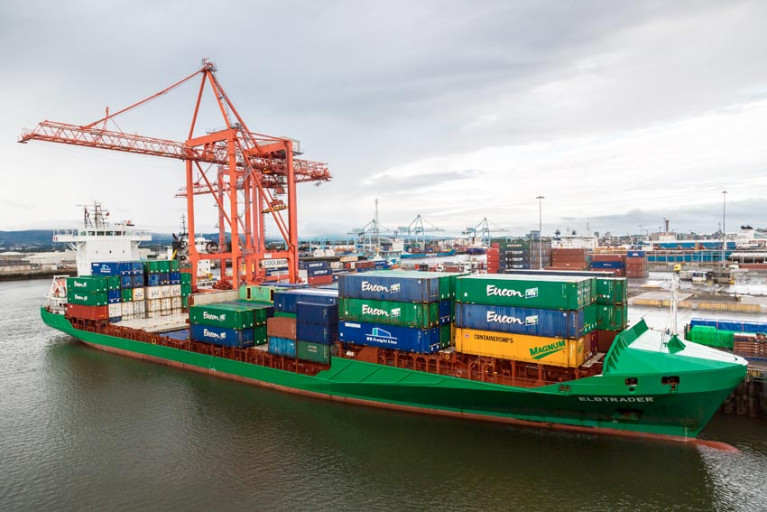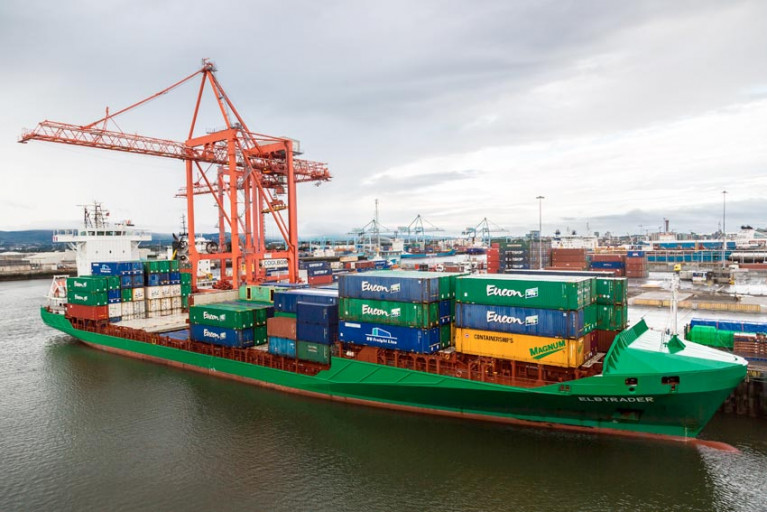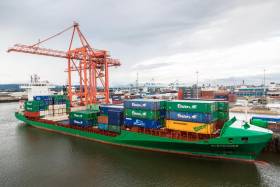Displaying items by tag: Radio Surveyors
New Panel for Statutory Radio Surveys of Irish Seagoing Vessels
A new panel of authorised radio surveyors has been established by the Department of Transport following a call for applications this autumn.
The latest three-person panel — established from 21 October this year until further notice — replaces that established three years ago and will conduct statutory radio surveys on existing Irish seagoing vessels, including fishing vessels, at locations around the island of Ireland.
Owners/operators of vessels requiring a periodical or annual radio survey should contact a surveyor to arrange these surveys.
On completion of a survey, a surveyor from the panel will endorse the vessel’s certificate as appropriate and/or inform the Marine Survey Office (MSO) regarding any required statutory certificate.
The MSO will not issue statutory certificates to vessels that have not completed the required statutory radio survey.
Operators of cargo vessels requiring a radio survey (RO) should contact the vessel’s Recognised Organisation (RO) to utilise the RO’s radio survey services.
Providers of radio survey services wishing to be included in the Panel of Radio Surveyors should refer to Marine Notice No 63 of 2023 and contact the MSO accordingly.
The contact details for the panel are available on the department’s website and in Marine Notice No 73 of 2023, attached below.
Applications Open for 2023-26 Radio Surveyors Panel
The Department of Transport has launched its call for applications for the latest three-year panel of radio surveyors, which will be active from Saturday 21 October.
As with previous iterations, the panel will carry out statutory radio surveys on Irish seagoing vessels, including fishing vessels greater than 15m LOA, for compliance with the relevant requirements.
More details are available in Marine Notice No 63 of 2023, attached below.
New Panel Established for Radio Surveys of Irish Seagoing Vessels
A new three-year panel of authorised radio surveyors has been established by the Department of Transport following a call for applications this autumn.
The latest three-person panel — who will sit until 20 October 2023 — will conduct statutory radio surveys on existing Irish seagoing vessels, including fishing vessels, at locations around the island of Ireland.
Owners/operators of vessels requiring a periodical or annual radio survey should contact a surveyor to arrange these surveys.
On completion of a survey, the surveyors will endorse the vessel’s certificate as appropriate and/or inform the Marine Survey Office (MSO) regarding any required statutory certificate.
The MSO will not issue statutory certificates to vessels that have not completed the required statutory radio survey.
Owners requiring an ‘initial’ radio survey, which includes all flag-in and new-build vessels, must contact the MSO, preferably by email at [email protected]
Operators of existing cargo vessels which are in class with a recognised organisation (RO) may continue to utilise the RO’s radio survey services, should they so decide.
Applications Open For Latest Radio Surveyors Panel
A call for applications has been launched for the latest three-year panel of radio surveyors.
As with previous iterations, this panel will carry out statutory radio surveys on Irish seagoing vessels, including fishing vessels greater than 15m LOA, for compliance with the relevant requirements.
Interested parties can access the tender information, and must submit their application, via the eTenders portal before 3pm on Monday 28 September.
More details are available in Marine Notice No 40 of 2020 which is attached below.
Call For Tenders For Radio Surveyors Panel
#MarineNotice - The latest Marine Notice from the Department of Transport, Tourism and Sport (DTTAS) advises that a panel of radio surveyors is being established for a period of three years from this October.
This panel will carry out statutory radio surveys on Irish seagoing vessels, including fishing vessels greater than 15m LOA, for compliance with the relevant statutory requirements.
Interested parties can access the tender information, and must submit their application, via the eTenders portal before 3pm on Friday 20 September.
Full details on the panel are included in Marine Notice No 36 of 2017, a PDF of which is available to read or download HERE.


























































